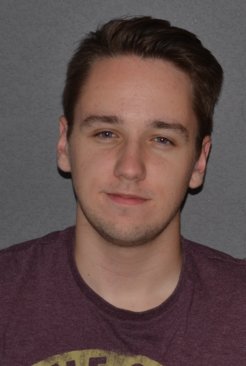
Philipp Eitner (Germany)
eitner @ mpia.de
Fast and Efficient NLTE Spectrum Synthesis in 3D Radiation-Hydrodynamic Atmospheres
Stellar spectra are the most important sources of information regarding stellar parameters and detailed chemical abundances. Models of stellar atmospheres and the radiation transport through them are essential to simulate synthetic spectra, that in turn are used to extract these quantities from observations. Due to the computational complexity of the problem, in the past many studies relied on 1D hydrostatic atmospheric models, combined with the simplifying assumption of local thermodynamic equilibrium (LTE), and followed parametric approaches for convection (mixing-length theory, micro- and macro-turbulence). However, it has been shown that in the regime of FGK type stars, predictions arising from these models may severely deviate from those derived using more sophisticated, physically realistic 3D model atmospheres and Non-LTE radiative transfer.
With the advent of large spectroscopic surveys such as 4MOST, WEAVE and SDSS-V it is of utmost importance to create synthetic stellar spectra fast and efficiently for a large number of stars with different effective temperature, surface gravity as well as chemical composition. In this thesis, I will make use of the DISPATCH framework to create an extensive grid of 3D-NLTE stellar spectra, that may be used to train various machine learning frameworks to determine stellar parameters on-the-fly. Within DISPATCH, I will combine the well-known and tested Stagger RHD solver to create 3D model atmospheres for a number of initial conditions with the MULTI-3D code to solve the NLTE problem and create synthetic stellar spectra with consistent opacities and equation-of-state. I will validate the procedure on the Sun and benchmark stars with respect to the key observables, such as the convective blueshifts and center-to-limb variation of Fe lines. The new 3D NLTE spectroscopic grid will furthermore be capable of performing resolved spectroscopy across the stellar surface, which is crucial to the analysis of BAF type eclipsing binary systems. The applicability of the procedure to hotter stars may be explored during the course of the thesis. The project will be executed in collaboration with the Rosseland Center for Solar Physics (RoCS, Oslo) and Åke Nordlund.
Supervisor: Maria Bergemann, Hans-Walter Rix (MPIA)
